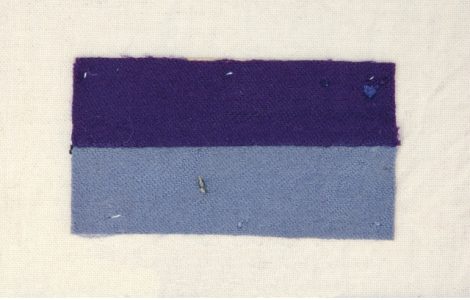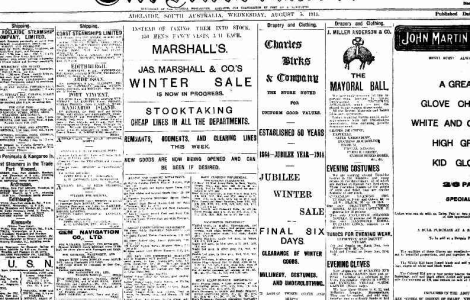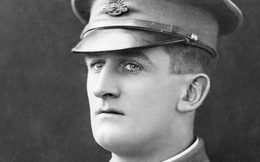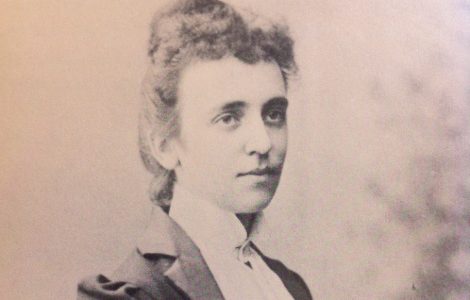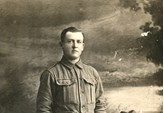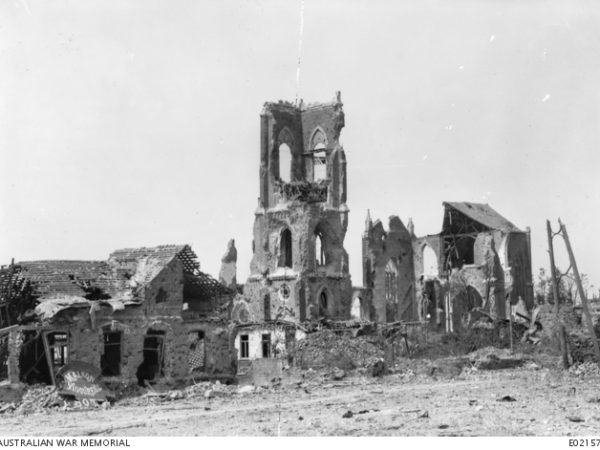
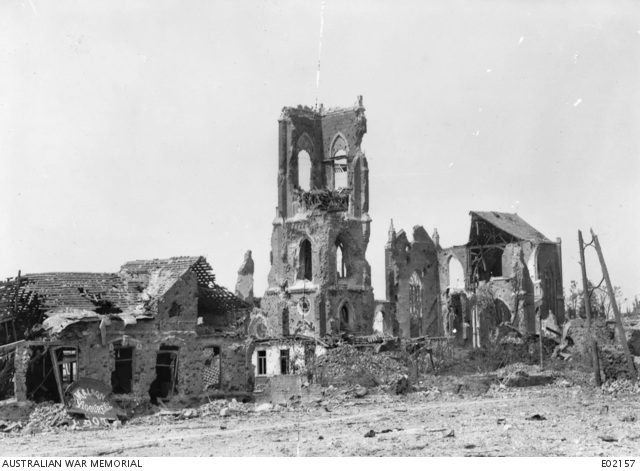
AWM Villers Bretonneux 4112444
People
Terrell, Frederick Leopold, Cooper, Ethel, Governor Galway, Churchill-Smith, James, Hughes, Billy
Organisations
April, 1918
The German Spring Offensive, which began in late March, continued in April, and almost won them the war.
The German army made a series of offensive moves, including on the town of Villers-Bretonneux, (the site of the Australian War Memorial on the Western front, and includes the names of more than 10,000 Australian service personnel with no known grave.) The Germans also attacked at Dernancourt, which gave its name to the Adelaide suburb, subdivided in 1923.
The renewed fighting naturally impacted our correspondents. The 10th Battalion spent the early part of the month in transit, heading south from western Belgium, to provide additional troops in the Somme area. They immediately moved into position near Amiens when they arrived, and spent the remainder of the month in and out of the forward lines. The summary of the month in the official war diary reads: ‘Killed in action 26, Missing 5, Wounded 100, Died of wounds 9, Gassed 2, Accidentally injured 2, Wounded (self-inflicted) 4, Reinforcements joined Battalion 126, To hospital sick 21 From hospital 76, To leave, United Kingdom 1, From leave United Kingdom 18’
James Churchill-Smith, who had spent the preceding months in training in the UK was anxious to rejoin his 50th Battalion, and did so early in the month. His diary tells of the billets where he was accommodated (a chateau near Bavelincourt), and he sympathises with the owner, who had left, leaving all household goods. The behaviour of some of his fellow soldiers in relation to the personal effects in such billets clearly did not impress him. He also remarked upon the deafening noises of the German guns, not 200 yards from the chateau. Anzac Day was noted, but not celebrated this year – there was too much going on – but Churchill-Smith’s diary entry does note: ‘Villers-Brettoneux is now ours and out line is about 300 yards on the other side of it.’
Leo Terrell was also in the thick of the battle from 10 April. Although he had applied for a discharge, he had not heard word from above, although some of his fellow soldiers who had applied at the same time had been withdrawn.
IN GERMANY
For Adelaide woman Ethel Cooper, April seemed to break her dull routine, as she was involved in ‘Artists Aid Week’ in Leipzig. The talented pianist was part of a program to raise funds to help artists in distress. She also noted in letters to her sister that her wardrobe had some refreshing – she remade an old coat she had purchased in Adelaide in 1910, and she also was the grateful recipient of a gift of clothes.
IN SOUTH AUSTRALIA
At home, there was a state election on 6 April. The Liberal Union Government, led by Archibald Peake, was returned.
With significant losses in Europe, recruitment again became a subject of concern for the government, with enlistment numbers at their lowest ebb for the war. The Governor General convened a conference at Government House to devise a bipartisan conference to devise a way forward. Political and industrial leaders, including unions, were invited. It was a feisty event, and there was no definitive agreement reached. The anniversary of Anzac Day provided another opportunity for the Governor General to remind Australians of the need to enlist.
In other War news, the Advertiser carried stories recognising Anzac Day, and recalling – with superlatives – the events from three years previous. Of course for many South Australians serving in the AIF, they had participated in the battle in Turkey, and had continued to fight in Europe or the Middle East, and had not seen family and loved ones at home for more than three years.
Whilst the paper maintained its patriotic line, printing stories about the ongoing fundraising and activities to support the troops, it was clear that the population was becoming increasingly disillusioned with the war and the government’s management of Australia’s place.
Although there were positive reports from the Middle Eastern actions, where the Light Horse and the Camel Corps were active, news from Europe was less positive.


